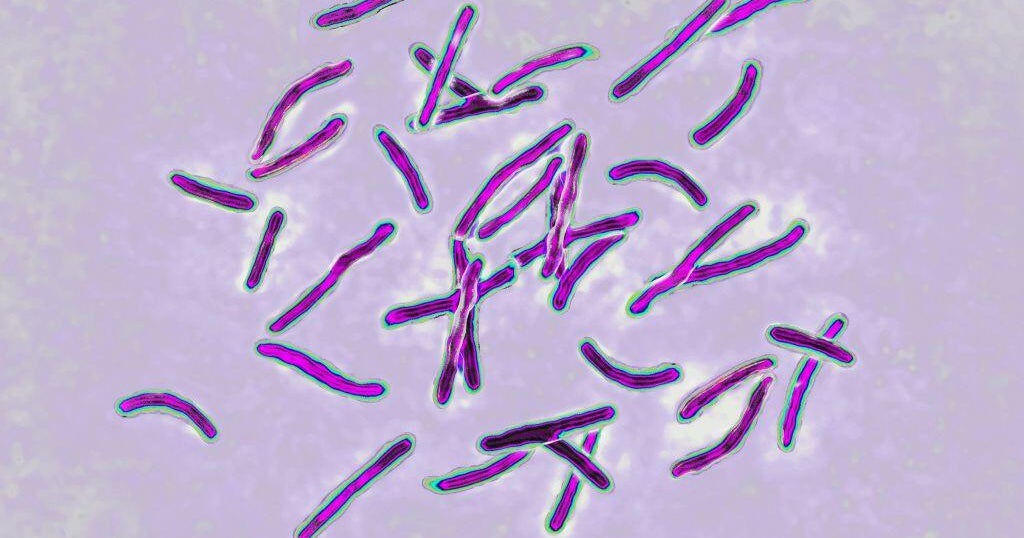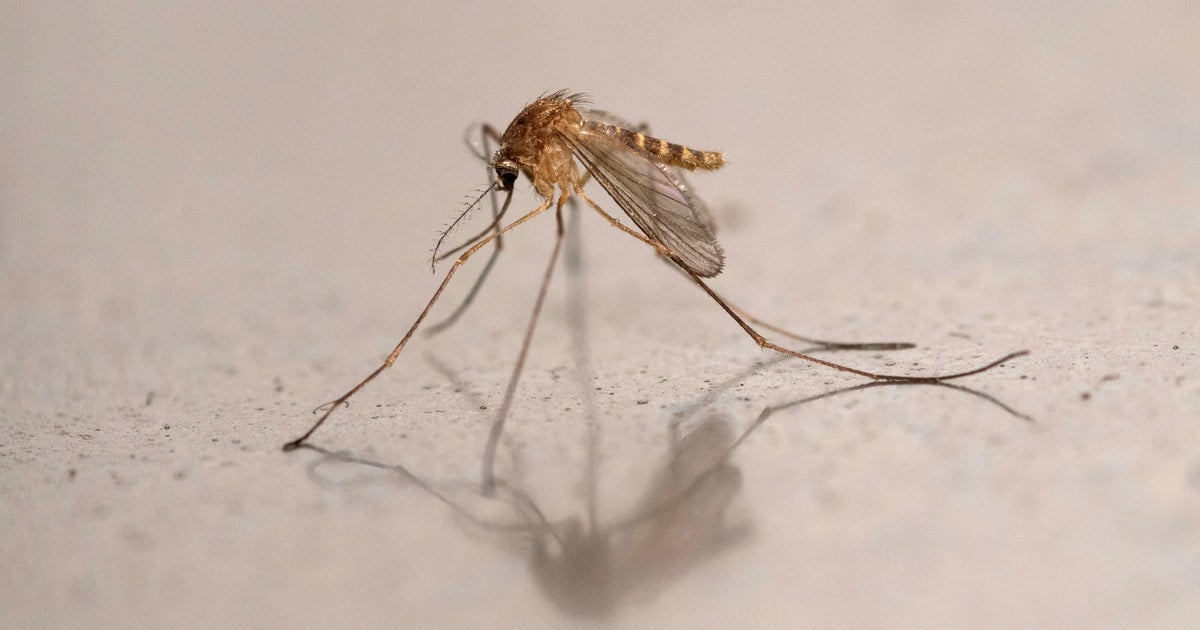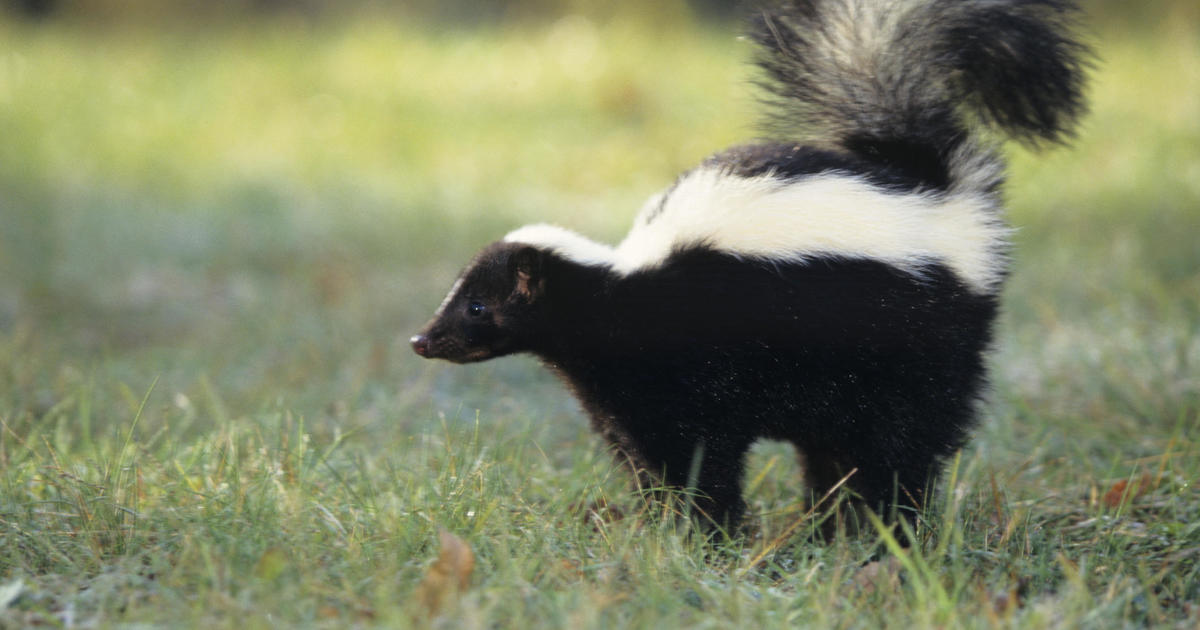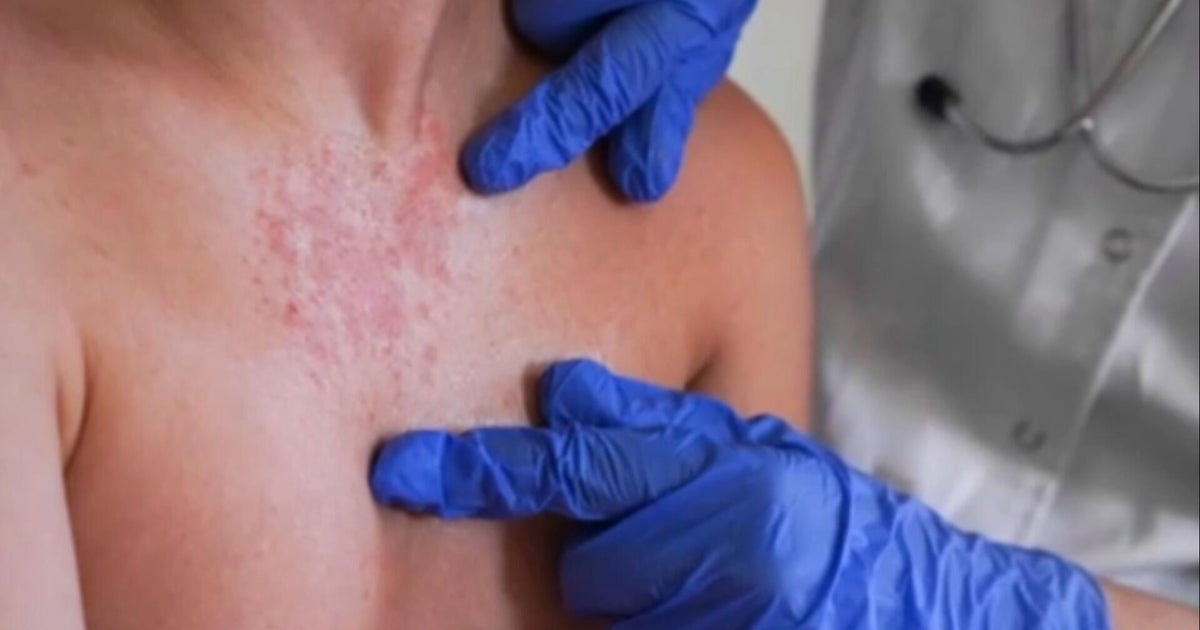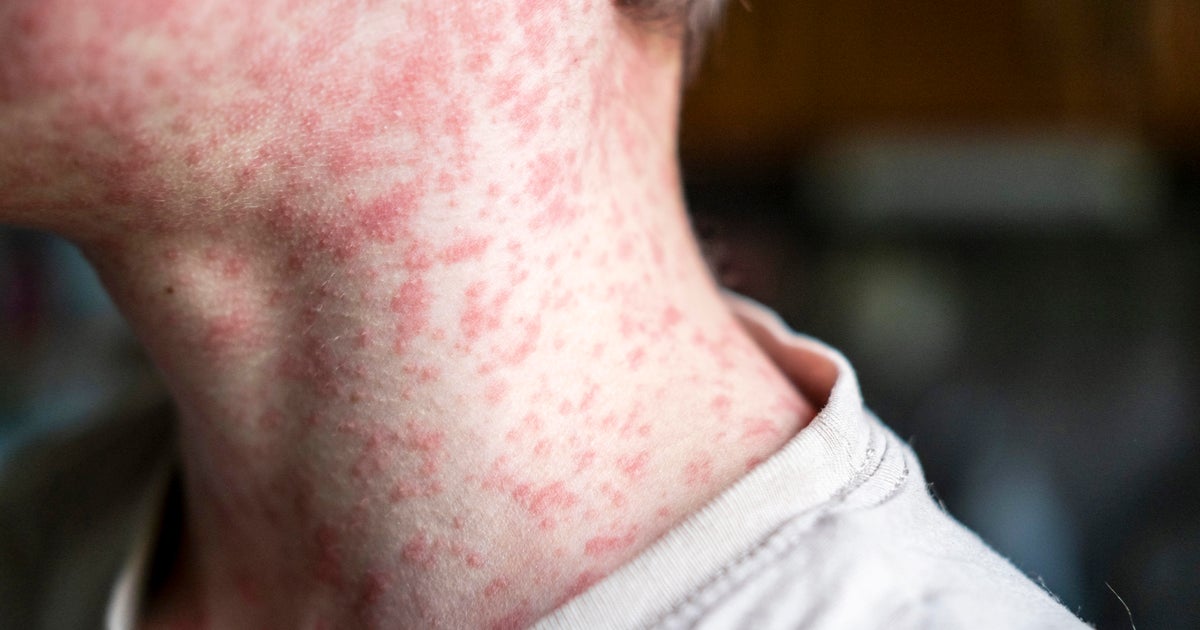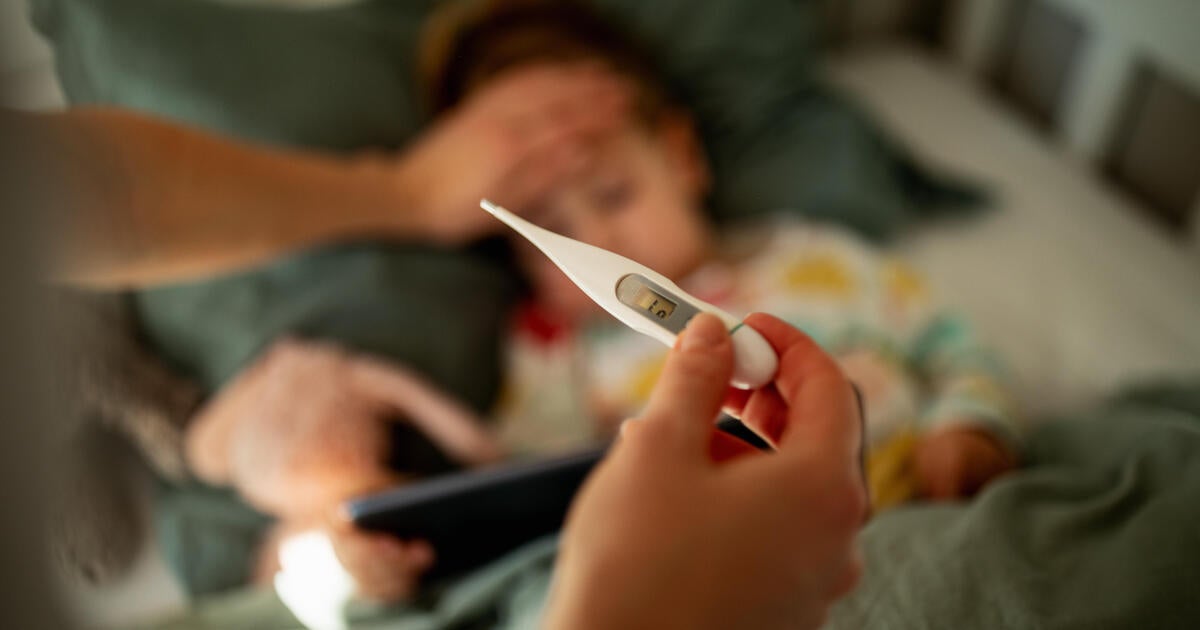Possible monkeypox case investigated in New York City
NEW YORK - The Department of Health confirms they are investigating a possible case of monkeypox in New York City.
The patient is being treated at Bellevue Hospital. As CBS2's Thalia Perez reports, the Department of Health says the patient is being isolated and tests are being conducted to determine if it's a positive case of monkeypox.
Health officials say disease starts with flu-like symptoms, including swelling of the lymph nodes, and causes a rash that can look like chicken pox.
It's a virus that originates in wild animals like rodents and, in rare cases, jumps to people.
"This is not going to spread and get into the general population and cause an epidemic like coronavirus has," said Jimmy Whitworth, with the London School of Hygiene and Tropical Medicine.
For many, it may be the first time hearing about monkeypox because experts say it's rare in the United States and is normally found in Africa.
The Centers for Disease Control and Prevention says it's monitoring cases around the world in Britain, Portugal and Spain.
The possible case in New York City comes after monkeypox was detected in a Massachusetts resident who had recently traveled to Canada. Massachusetts health officials say they're now trying to find people the patient may have been in contact with while infectious.
"We are in the process, as you can imagine, if working with public health authorities on contact tracing," medical director Erica Shenoy said.
Doctors say most patients recover in a few weeks, and while the CDC says it's preparing for other potential cases, there's no reason to panic.
"We don't want people to worry. At this point, again, these numbers are still small. We want them to be aware of these symptoms and if they have any concerns to reach out to their doctor," Surgeon General Vivek Murthy said.
Officials say if it's determined that the patient at Bellevue has monkeypox, the results will still have to go through even more testing by the CDC For confirmation.
For more information about Monkeypox from the CDC, CLICK HERE.
